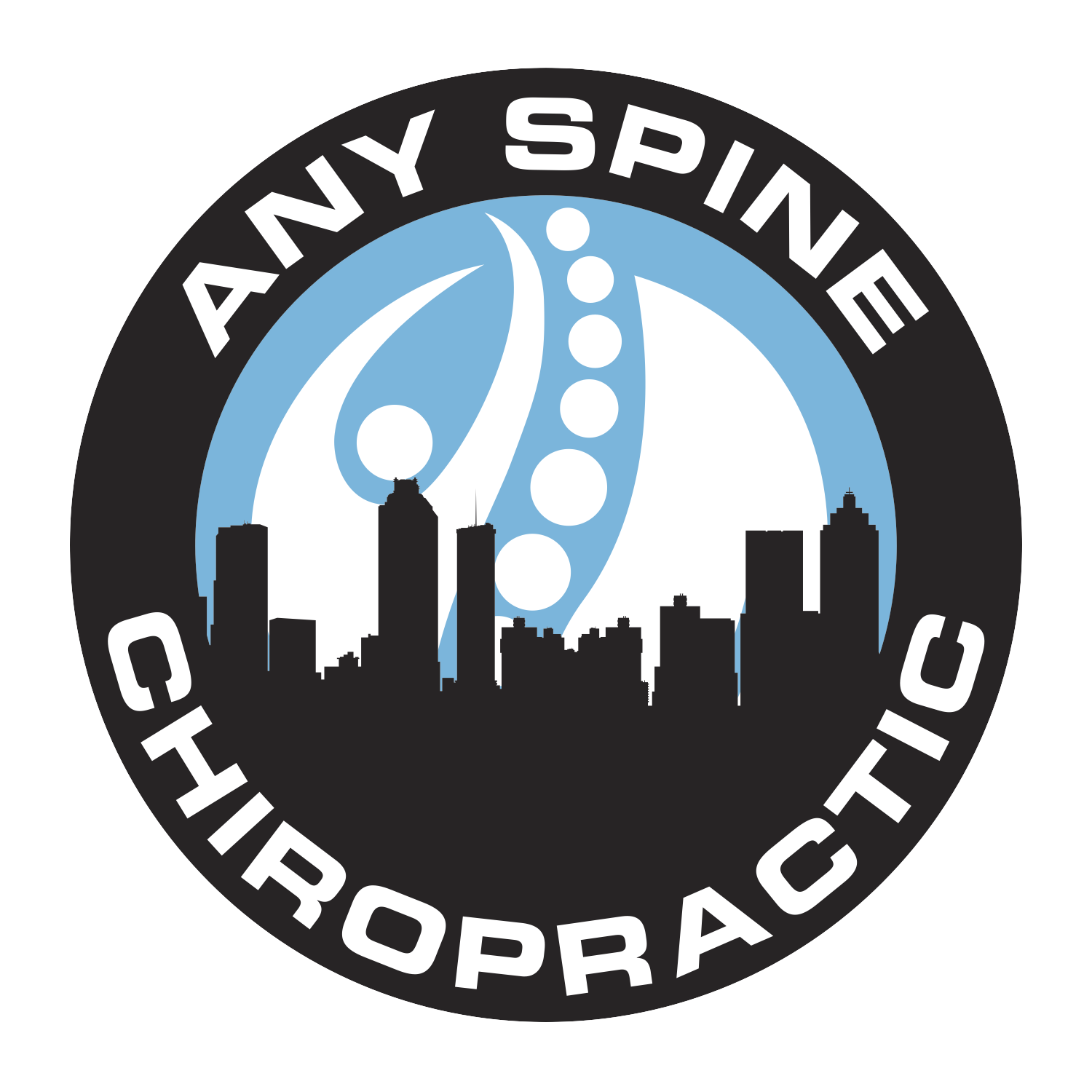Are you prepared for the Coronavirus? 4 Things to Know…
All information in this article is from reputable sources including, CDC.gov, WHO.int, ProPublica, NPR, NY Times, and National Geographic.
What you need to know:
The spread of the virus SARS-CoV-2 is causing a new disease around the world named COVID-19. In only a couple of months, it has spread from China to at least 60 other countries and climbing. The death toll is around 3,000 people worldwide. Including the first couple of deaths happening in the U.S. over the weekend.
The new virus emerged in an animal market in China and is now spreading human to human. Since this is a new virus, there is a lot we don’t know about it.
The seasonal flu, to put things in perspective, kills about 12,000-20,000 people annually in the united states. To date, there have only been two confirmed deaths in the U.S. from COVID-19. However, the mortality rate for seasonal flu is around 0.1%. Currently, the SARS-CoV-2 virus has a mortality rate of about 2%, which is similar to the mortality rate of the 1918 Spanish flu that was responsible for 50 million deaths worldwide. So while the mortality rate is low, the amount of people exposed has a significant impact on how bad this gets.
The new coronavirus currently seems to be more contagious than most strains of flu- with 80% having a mild reaction, 15% severe, and 5% critical. Most severely affected by this new disease are people 65 years and older, with other medical conditions such as diabetes, obesity, hypertension, and smokers.
A vast majority of people who do get this disease will have mild to no symptoms. But, with no signs, it means that someone that is infected can be spreading the disease without knowing they are doing so to more vulnerable populations. At this point, the goal is to mitigate the spread of the disease to those most susceptible among us. This can include cancellation of school, public events and gatherings, and even travel.
The mild symptoms of this disease are low-grade fever and cough. Shortness of breath has also been reported along with fatigue and muscle aches. These are very similar to the common cold. The more aggressive side of this disease is respiratory distress and death.
Don’t panic. But you should prepare.
Think of this as a major storm or hurricane. It is better to prepare, and hey, if it doesn’t happen, at least you were ready. It is not a matter of if the virus will show up in Atlanta anymore, but when the virus will arrive.
With the limited number of testing happening in the U.S. currently, and reports coming out that the virus has been circulating for weeks in Washington State, there is a high possibility that we will find that the spread of the virus is much more formidable and more widespread than the current estimates being reported.
What to do:
1) To be prepared, you should have enough supplies of medications, food, pet supplies, contact solution, toilet paper, etc. for several weeks. This will make sure you have what you need if you get sick, so you do not have to go out into public spaces. Also, if there are local quarantines, you have what you need already at home.
Do not hoard supplies and food. When you go to the store, just pick up a couple of extra things each time. There is no need to clear out shelves.
-Buy shelf-stable foods like rice, pasta, canned foods, and beans and utilize your freezer to help preserve all kinds of foods from meats to bread.
2) Have a plan in place if schools are shut down.
3) Know your work from home options, and get those set up as soon as possible.
4) In an attempt to control the spread of the disease, public events and spaces such as museums, concerts, and others may be cancelled. Keep an eye on all events that you have planned.
5) Put off elective surgeries and procedures. Hospitals could need the beds or resources for those who are ill.
You do not need a mask– unless you are sick
The CDC and the U.S. Surgeon General are urging people not to buy masks. There is a shortage of protective medical supplies for our healthcare workers. It is estimated that our healthcare workers will need around 300 million masks to protect themselves and others from this disease, and we only have 20 million in our countries emergency supplies. Most of the masks come from China, so getting more supplies here will be difficult.
Masks also offer a false sense of security for the general public. If you have facial hair, the mask doesn’t create a good seal. Also, if you have contaminated hands and then touch your mask, you just spread the virus to your mask.
Masks for the general public have only been shown to be effective at preventing a sick person wearing one from spreading the virus.
How to protect yourself and those more susceptible
Follow the same protocols that you should be doing for the flu. This virus is spread through respiratory droplets from a cough or sneeze. It can live on surfaces like doorknobs, elevator buttons, and your phone for days.
- WASH YOUR HANDS. And do a good job.
- Wash your hands for 20 seconds. Sing Happy Birthday to yourself– twice if you can.
- Make sure to get your thumbs, in between the fingers, and your wrists.
- CLEAN YOUR PHONE, no really, it’s gross.
- Do not touch your face, eyes, nose, or mouth. Once you do, the pathogen can enter the body.
- Avoid close contact with anyone experiencing symptoms. Avoid, hugs, and handshakes.
- If you are sick, STAY HOME.
- Cover your cough
- Clean frequently touched surfaces in your home and place of work.
If you think you are infected, and it is not a medical emergency, call your doctor’s office first. They will assess the situation and give you further instructions. This will limit the spread to healthy people if you are infected.
Mentally Prepare
Pandemics are scary. There will be a significant disruption to everyday life, a health crisis for some smaller number of people, and a deadly tragedy for a still smaller number.
Try and “get over” the surprise of it before it happens.
Any Spine Chiropractic has effective protocols in place to protect not only you but your family members. Patient care will continue. I will keep you updated via emails and Instagram of any information that you may need to know.
If you have questions, please follow instructions from the CDC (CDC.gov) and local officials. Also, reach out to Dr. Zach if you have questions about Any Spine protocols or if you have unanswered questions.




